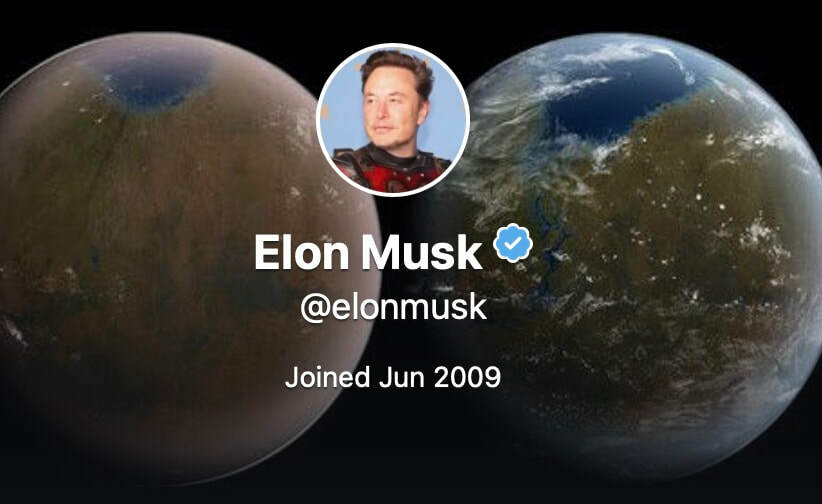
Elon Musk's approach should not be surprising. His takeover of Twitter is all Musk, as we've always known him. If anyone has the mantra: "my way or the highway," it's Musk and his unreleased, autocratic leadership style. Connection is not in his dictionary. Don't expect support groups or looking for support. You either love him, or you detest him. There are few shades of gray in Musk's world. It hasn't hurt him in the past, for now only golden mountains (look at Tesla or Space X). It makes him today not only the richest man in the world, but also one of the most powerful. He does not hide political, and even geo-political, ambitions. Is he on his way to the presidency of the US?
But perhaps the power grab at Twitter is a bridge too far. And his strategy sometimes clashes with the culture of the Twitter community: from employees, over users to even advertisers. Perhaps Musk will soon have to experience that there is a ground of truth in the saying: 'Culture eats strategy for breakfast'. A takeover often succeeds or fails with the prevailing culture. I like to make a comparison here with the moribund Apple Computer in the 1990s. A whole series of managers then tried fruitlessly to bring the company out of the doldrums with new strategies. But they failed each time because they couldn't get a grip on Apple's dominant culture. In my book 'The Immortal Enterprise', I quote an anonymous Apple employee who put it this way: 'You can try to change the system, but the system will change you'. Or you step up again – whether forced or not.
The key question is therefore whether Musk can change the culture of Twitter in his image and likeness, or whether the culture (say 'the system') will prove more resistant. Leading advertisers (the main source of income of Twitter and other self-proclaimed 'social' media, such as Facebook or Google is advertising, advertising, advertising) have already – temporarily – pulled the plug. Users, on the other hand, look for the exit to alternative platforms. Governments – including the European Commission – are watching closely to see if Musk's right to free opinion is not an alibi for spreading racist, sexist or other hate messages. And will half of the workforce that hasn't been laid off in the meantime slavishly follow the orders of their new boss? And is resistance growing from within?
On a smaller scale and in his own country, musk's takeover of Twitter is a bit reminiscent of the takeover of football club Anderlecht by the successful entrepreneur Marc Coucke in 2017. Coucke also opted for a radical break with the past. The old owners and managers were put at the door and a new wind would blow. The rest is history. Five years later, Anderlecht is still licking its wounds. Managers, coaches, players, sponsors, shareholders have come and gone even faster. Anderlecht is fighting for its sporting and financial survival. It illustrates how attempts by new owners to radically break with the prevailing culture in many cases turn out to be a failure, or can even bring a company to the brink of bankruptcy. Again, there are parallels with Apple Computer in the past.
Conversely, leaving everything as it is, or letting it run its course, is not a recipe for success either. The challenge is to take gradual steps in a new strategy of adaptation with respect for the culture and DNA of an organization. Or as Robert Greene once aptly summed it up in his classic '48 laws of power': Preach the need for change, but do not reform too much at once (law 45): 'On an abstract level, everyone usually understands the need for change, but when it comes down to it, man is a creature of habit. Too much renewal is traumatic and will lead to rebellion. If you're just in a position of power or an outsider trying to establish a power base, pretend you respect the old way of doing things. If change is necessary, make it appear as a moderate improvement compared to the past.'
Can anyone send a copy to Elon Musk, and other sky-stormers?
Written by BBDO Belgium Team, We create effectiveness